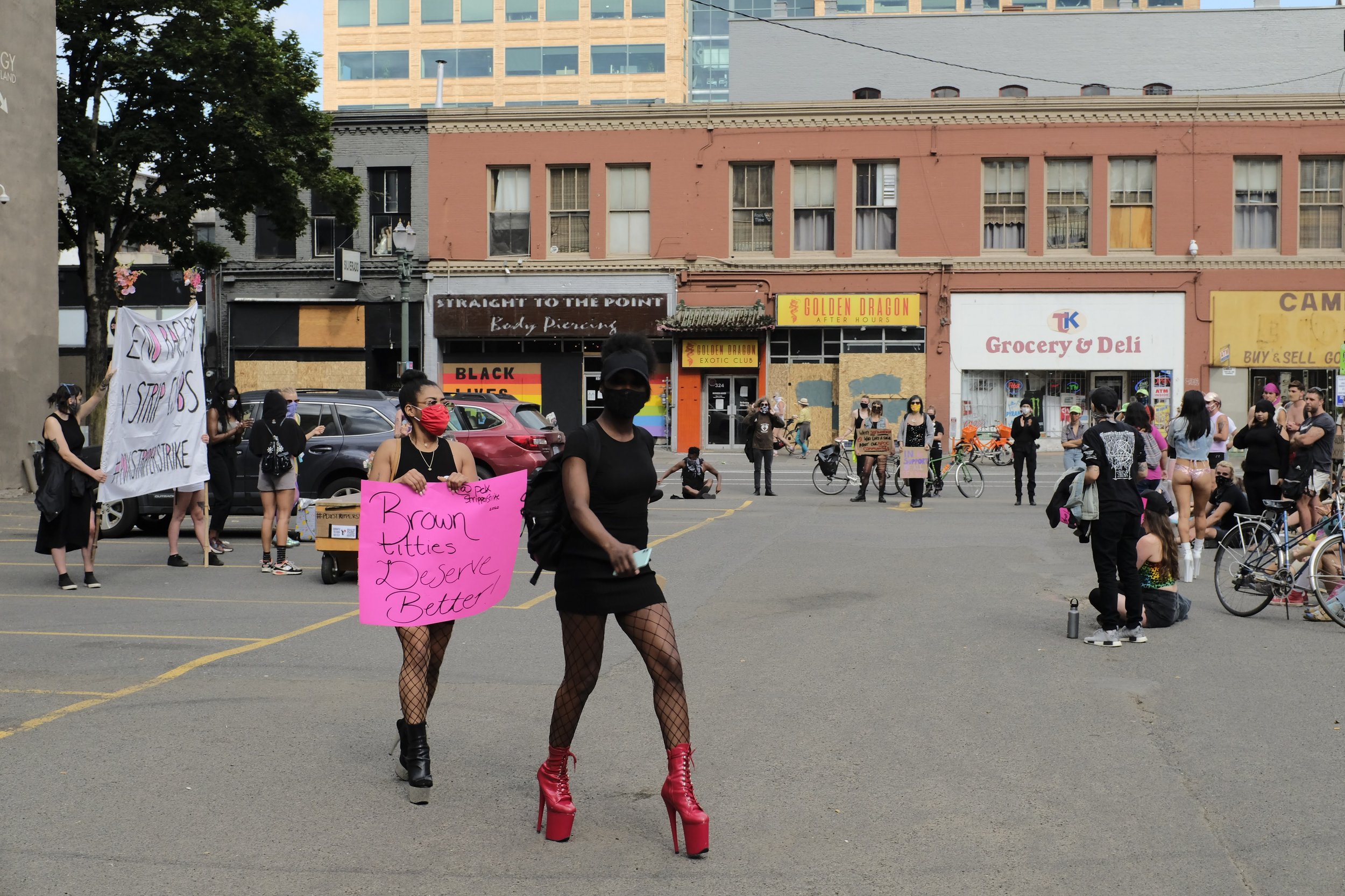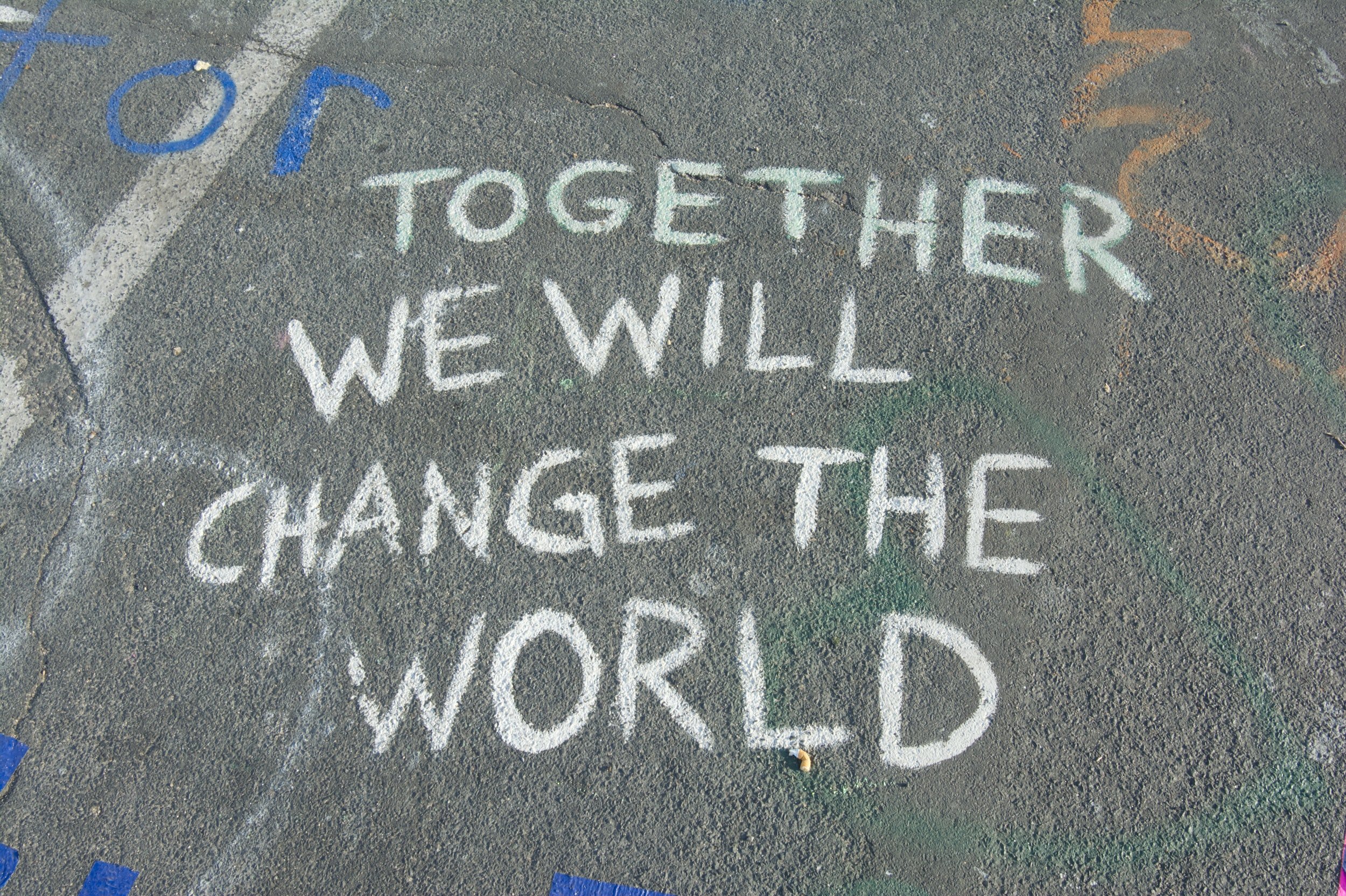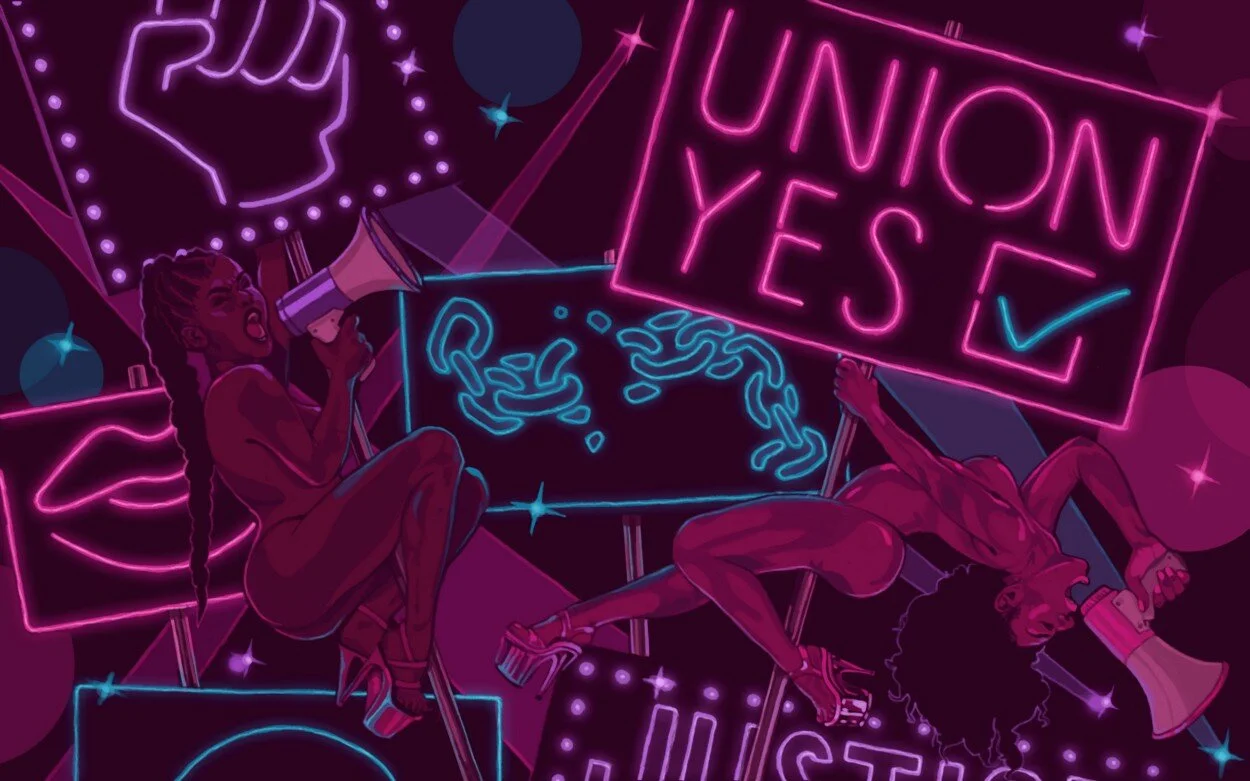Cat Hollis, a queer Black stripper, founded Haymarket Pole Collective (HMPC) in response to the discrimination that Black, Brown, Indigenous and/or Transgender entertainers face on a daily basis. Cat’s lived experiences radicalized their understanding of racism in the adult industry long ago––they recall one night when club staff refused to address a customer targeting them with racial slurs. But in May 2020, behavior from Portland strip clubs in response to George Floyd’s murder prompted Cat to seek recourse through collective action.
Haymarket Pole Collective thus began as a support network for the Portland Stripper Strikes in 2020: a series of actions to demand better working conditions for Black, Indigenous and or transgender sex workers in Oregon. As a result, 27 Portland-area clubs signed up for anti-racism training. This means 27 clubs publicized anti-discrimination policies, 27 clubs hosted anti-racism and sexual assault awareness trainings, and 27 clubs awakened to the collective power of Portland’s adult entertainers.
We also historically offered skill-building resources for sex workers; provided legal aid for labor-related lawsuits; advocated for policy change at the business, state, and federal levels; and provided educational grants to erotic service providers of color.
During the summer of 2020, we also hosted community-building events, marches, and rallies. Haymarket Pole Collective hosted community listening sessions where Black, Indigenous, and/or transgender sex workers could commiserate and build community through sharing lived experiences. These events built notoriety and a strong community base of support.
As our energy was drained from hosting twice weekly events, PDX Stripper Strike organizers came together to envision a more sustainable way of moving forward. And Haymarket Pole Collective was born. Our focus initially was on long term systems change and labor organizing, but as we were working toward our goals, we came to realize we needed to fill immediate basic needs first and foremost. We then pivoted to direct aid and outreach and healing justice programming.


























